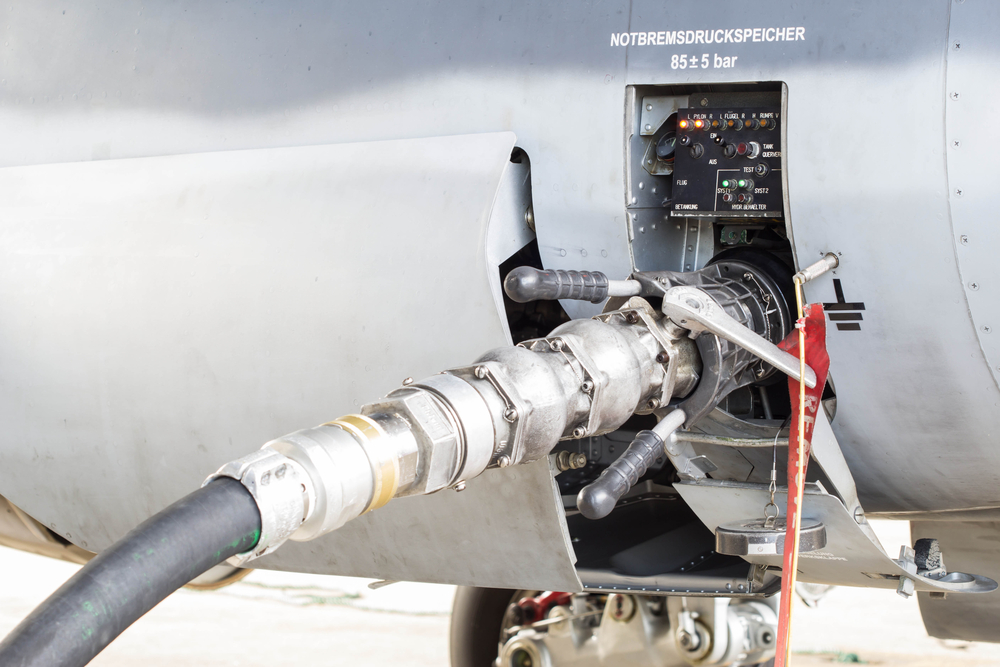
A group of scientists have discovered what may be the solution to producing chemicals for biofuels in a sustainable manner.
Researchers from Chalmers University of Technology in Sweden have been working to design yeast cell factories that can produce the chemicals needed for sustainable alternative gasoline and jet fuels. Recently, they got one step closing to achieving that goal, developing a novel method of modifying the fatty acid synthase (FAS) enzyme so that it can create new products.
“This enzyme normally synthesizes long chain fatty acids, but we have now modified it to synthesize medium chain fatty acids and methyl ketones—chemicals that are components in currently used transportation fuels,” Zhiwei Zhu, post-doc and first author of the study, said in a statement. “In other words: We are now able to produce petrol and jet fuel alternatives in yeast cell factories, and this has never been done before.”
The FAS enzyme was first describe by Nobel Prize winning biochemist Fredor Lynen, and researchers have unsuccessfully attempted to modify it in recent years.
“We did not expect this,” Zhu said. “Actually, it was thought by the scientific community that this rigid enzyme was not readily amenable to manipulation”
The researchers discovered that the enzyme may be used to produce biofuels after they occasionally found a fatty acid synthase, which had two acyl carrier protein domains.
“We first tried to change this fatty acid synthase by replacing one of its acyl carrier protein domains with a foreign enzyme to modify its properties and surprisingly it worked,” Zhu said. “Then we implemented such modification in other fungal fatty acid synthases and found this approach versatile.”
According to the study, fungal type I fatty acid synthases are mega-enzymes with two separated, identical compartments, in which the acyl carrier protein domains shuttle substrates to catalytically active sites embedded in the chamber wall.
The researchers devised synthetic fatty acid synthase by integrating heterologous enzymes into the reaction chambers and demonstrated their capability to convert acyl-ACP or acyl-COA from canonical fatty acid biosynthesis to short or medium-chain fatty acids and methyl ketones.
Zhu explained what his goal is for the discovery.
“I am interested in deeply revealing the biochemical and structural basis of this novel modification in fungal fatty acid synthase,” Zhu said.
The next step will be for the Chalmers team to focus on using the modified enzyme to build yeast cell factories for production of chemicals and fuels from glucose. They have applied for an invention patent and Biopetrolia—a bioengineering firm focusing on creating yeast cell factories—is closely involved in trying further develop the technique to make it economically viable.
The study was published in Nature Chemical Biology.



